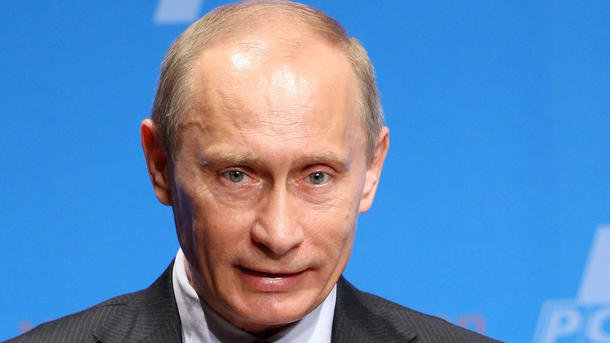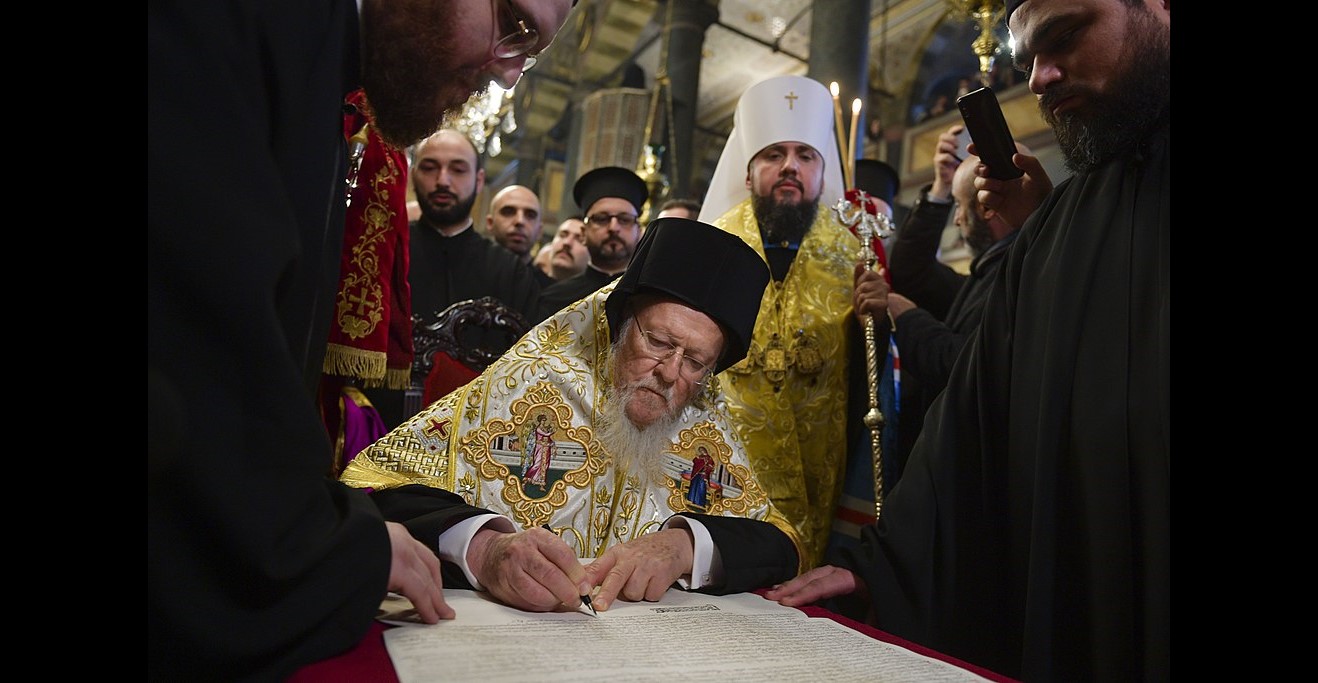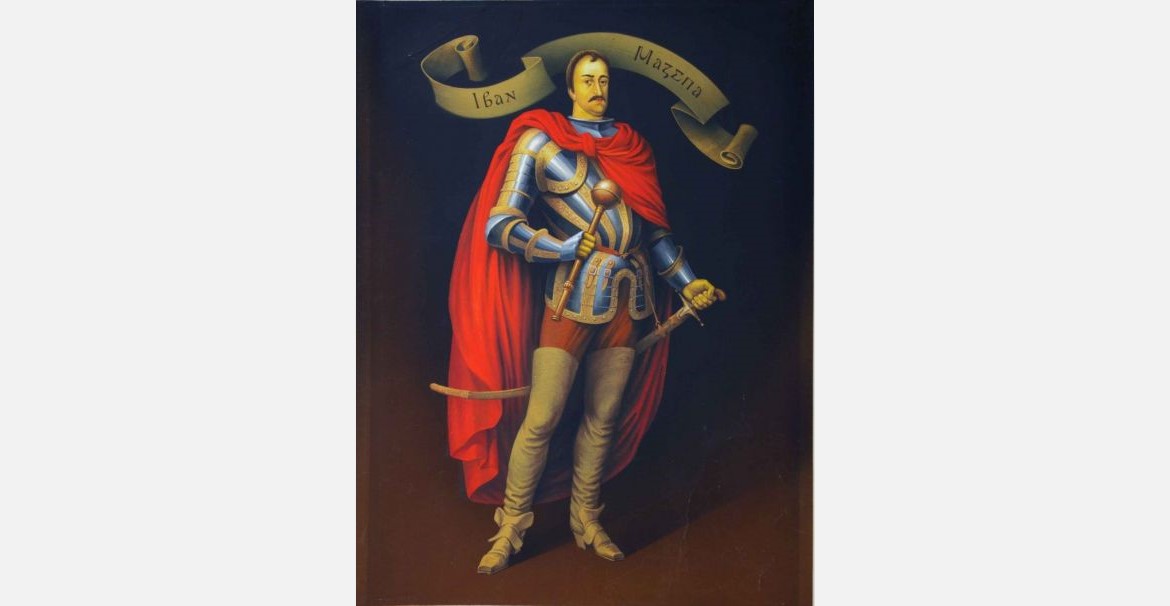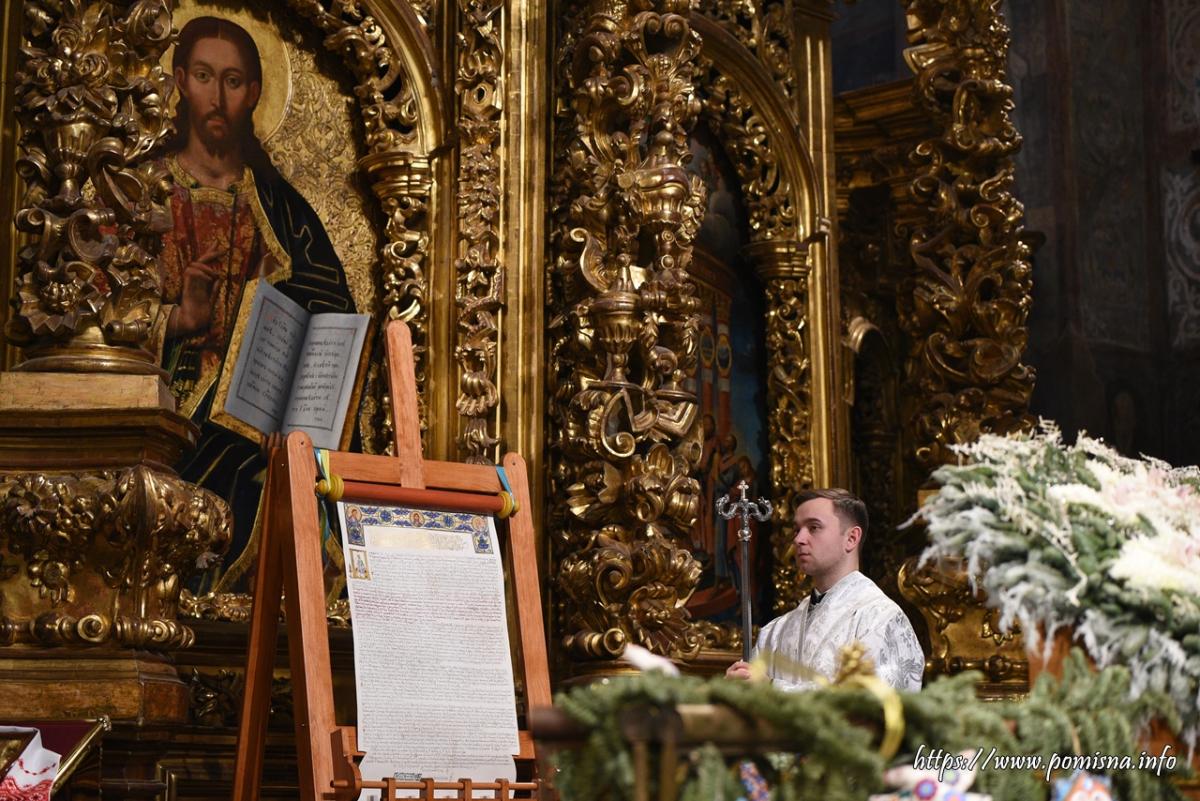Now that it has become clear that autocephaly for the Ukrainian Orthodox Church is only a question of time, it is also becoming clear that Moscow plans to use this event to take control of one part of the orthodox world thus achieving a longstanding goal of Moscow Patriarch Kirill and Vladimir Putin as well.
Both the Russian patriarch and the Russian president still hope to block autocephaly, given that it would significantly reduce the size and influence of the Russian Orthodox Church. Indeed, statements from Moscow about a split in world Orthodoxy if the Ukrainian church becomes independent are part of that continuing effort.
But they are also something else: an indication of Moscow’s fall back position, one in which the Russian church would dominate one part of the Orthodox world while another part, including Ukraine, would go its own way. And such an outcome may not be entirely unwelcome either in the Patriarchate or in the Kremlin.
On the one hand, it could allow Kirill to realize his longtime dream of establishing the Moscow Patriarchate as the Orthodox equivalent of the Vatican and himself and his successors as the counterparts to the pope, no longer one of many Orthodox patriarchs but very much the first among an increasingly unequal heads of other and smaller Orthodox communities.
And on the other, such an outcome could allow the Kremlin virtually unrestricted opportunities to promote the reactionary and obscurantist kind of Christianity associated with Putin’s favorite churchman, Metropolitan Tikhon (Shevkunov) of Pskov and that the Kremlin leader has used to reach out to fundamentalists in the West.
But if both religious and civil leaders in Moscow can see some advantages in this outcome, there are at least three reasons why they are going to continue to fight right up and quite likely after the Universal Patriarch in Constantinople publishes a tomos granting the Ukrainian church the independent and self-standing existence it seeks.
- First, independence of the Ukrainian Orthodox would likely reduce the size and hence income of the Russian Orthodox Church of the Moscow Patriarchate by half, measured by the number of parishes, indeed creating a situation in which the Ukrainian church would in fact be larger, something Russian leaders would view as an unacceptable threat.
- Second, without a significant church presence in Ukraine, Moscow could find it far more difficult to continue its campaign to undermine and destabilize Ukraine. And the Moscow Patriarchate would find its own standing in the Kremlin reduced further as a result, given what the church hierarchy, if not always Kirill, have promised about this in the past.
- And third, a Moscow Patriarchate delinked from Ukraine and those more progressive Orthodox communities would become increasingly obscurantist and reactionary, almost certainly reducing its influence within Russian society if not within the Putin leadership and quite possibly leading more Russians to exit that traditional faith for Protestantism or Roman Catholicism.
Such a step in the longer term could even lead to a new and far deeper split within the Russian Orthodox Church of the Moscow Patriarchate along ideological or territorial lines within the Russian Federation, a development that would have a major and from Moscow’s point of view negative impact on the future of Russia.
Read More:
- Ukrainian autocephaly just as inevitable as restoration of USSR is impossible
- Inside Ukraine’s appeal for Church autocephaly
- Why Ukraine needs a free and recognized Orthodox Church
- Can anything be done in Ukraine with the so-called “canonical” Moscow Patriarchate?
- Moscow Patriarchate’s moves strengthen Russia’s hand in Ukraine, Kryuchkov says
- Moscow Patriarchate still has more parishes in Ukraine than its Kyiv counterpart but fewer followers
- Moscow Patriarchate taking control over property of its parishes in Ukraine to block them from leaving
- Russian court orders demolition of Ukrainian Orthodox Church (Kyiv Patriarchate) in Moscow Oblast
- Scholar: Russian Orthodox Church Moscow Patriarchate supports repressions, militarism






